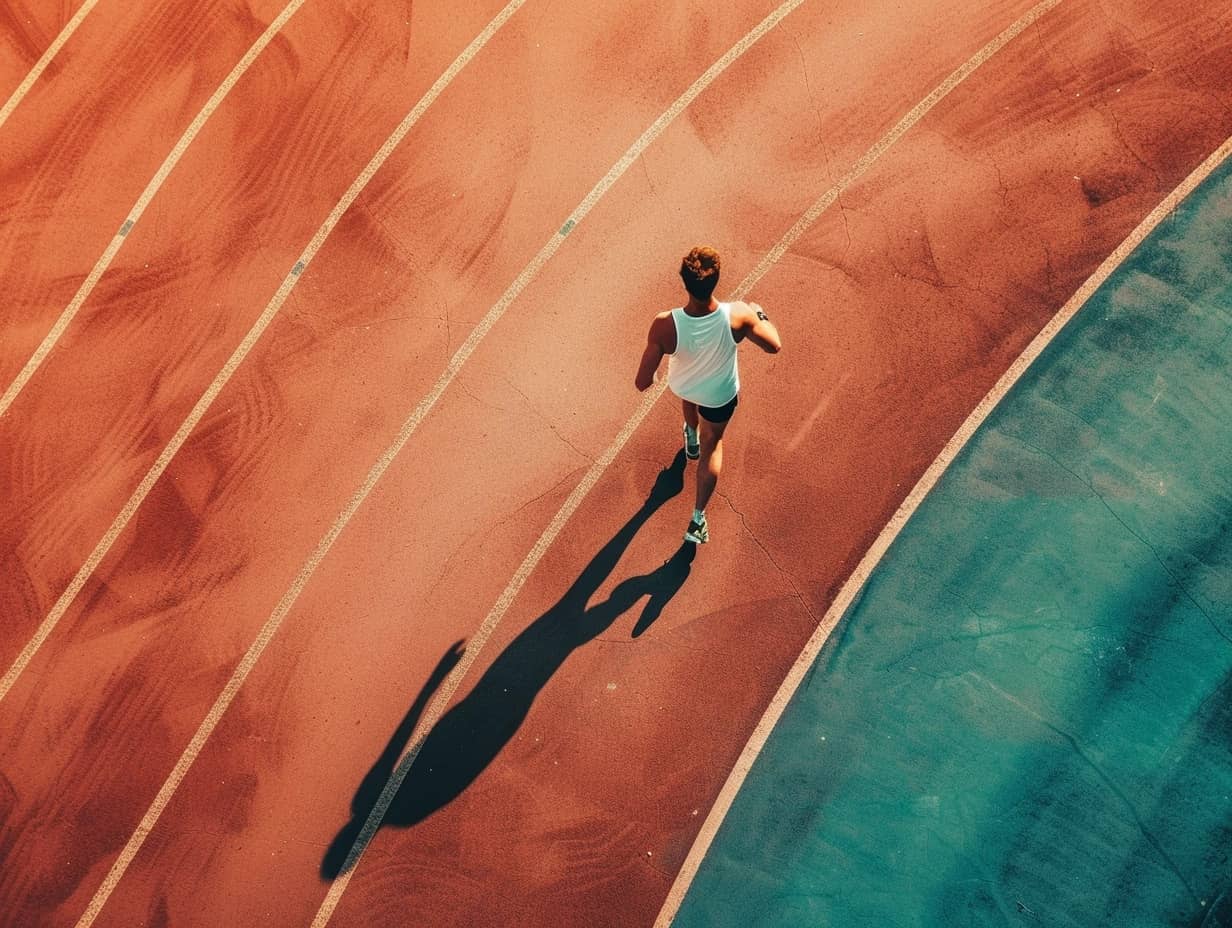Can Olympic Athletes Have Caffeine?
Caffeine use among Olympic athletes has been a topic of ongoing scrutiny and regulation.


Current Status
Olympic athletes are currently permitted to consume caffeine.
The World Anti-Doping Agency (WADA) removed caffeine from its list of prohibited substances in 2004.
However, caffeine remains on WADA’s monitoring list, meaning that athletes’ caffeine levels are still actively monitored.
Timeline
- 1984-2004: WADA banned high concentrations of caffeine from all Olympic events.
- 2004: Caffeine was removed from the list of prohibited substances.
- Present: Caffeine is permitted but monitored.
Reasons for Removal from Prohibited List


WADA determined that caffeine no longer met at least two of the three criteria for inclusion on the prohibited list:
- Potential to enhance sport performance
- Represents a health risk to athletes
- Violates the spirit of sport
While caffeine is known to enhance sports performance, it does not represent a health risk to athletes nor violates the spirit of sport.
The decision was also influenced by the difficulty in distinguishing between performance-enhancing doses and normal dietary consumption.
Caffeine Limits and Testing
While there are no strict prohibitions, certain thresholds are still observed:
- International Olympic Committee (IOC): 12 micrograms per milliliter of urine
- NCAA: 15 micrograms per milliliter of urine
These levels are significantly higher than what would typically result from normal dietary consumption.
For context, a 154-pound person would have to consume 5-6 cups of coffee about an hour before a workout to approach the IOC limit.
Caffeine Improves Athletic Performance


Caffeine has been consistently shown to improve athletic performance. Recent research indicates that even the amount of caffeine in a regular cup of coffee can provide performance benefits.
These benefits include:
- Improved endurance
- Stronger muscle contraction
- Reduced perception of effort
- Reduced fatigue
- Increased power output
- Reduced pain
Trends in Olympic Caffeine Use
A study analyzing urine samples from Spanish athletes in Olympic sports between 2004 and 2015 found:
- An increase in the percentage of samples with detectable caffeine from 70% in 2004-2008 to 75.7% in 2015
- A higher median urine caffeine concentration in 2015 (0.85 μg/mL) compared to 2004 and 2008 (both 0.70 μg/mL)
- Increased caffeine concentrations in several sports, including aquatics, athletics, boxing, judo, football, weightlifting, and rowing
- Cycling, athletics, and rowing had the highest urine caffeine concentrations in 2015
Considerations for Athletes
While caffeine is permitted, athletes should be aware of potential side effects, including insomnia, anxiety, and gastrointestinal issues.
The American College of Sports Medicine recommends consuming caffeine about 30-60 minutes before a sports activity, with an optimal amount of two to three cups of regular coffee for endurance events.
In conclusion, while Olympic athletes can consume caffeine, its use is still monitored. Athletes should be mindful of their intake to optimize performance benefits while avoiding potential negative side effects.

